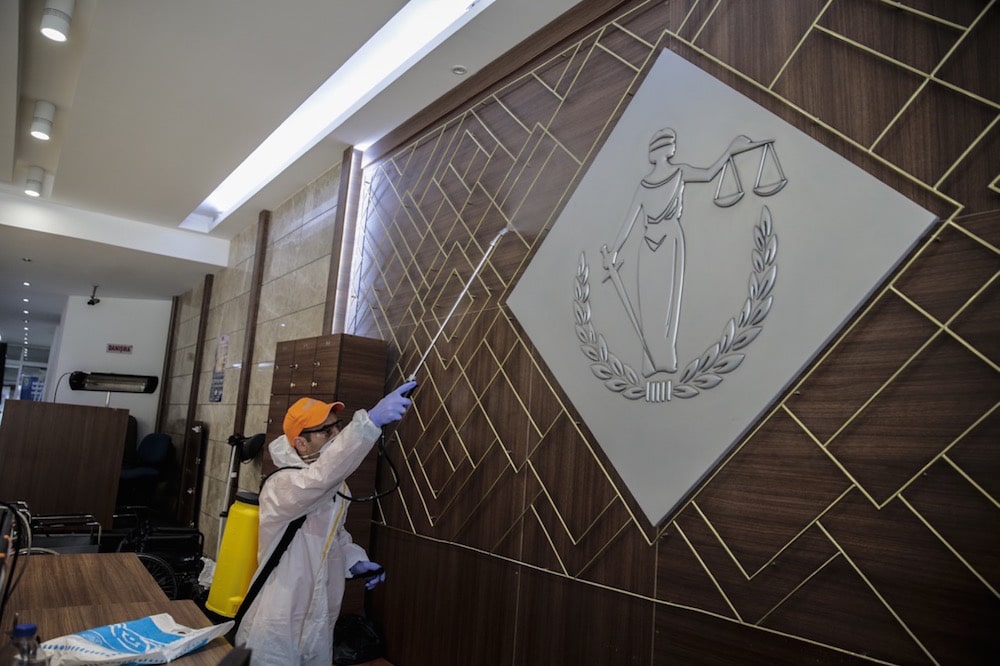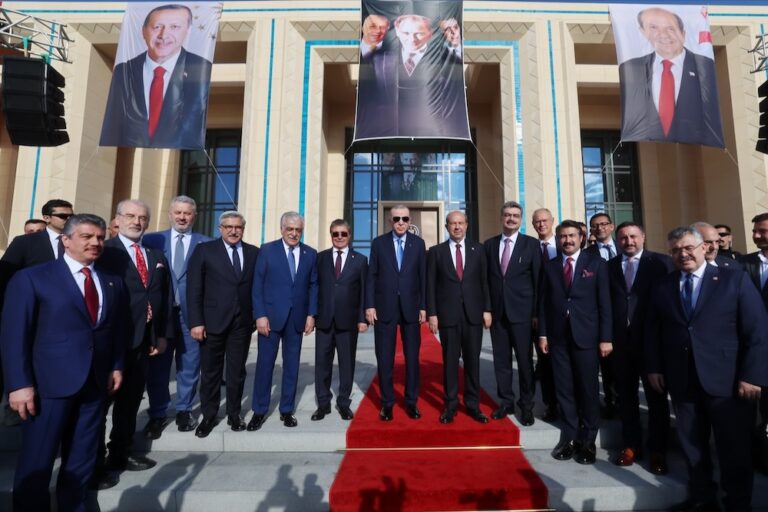"While the situation in the courts remains critical with up to 79 journalists currently in prison, the last year has seen the battleground over freedom of expression shift from the courtroom to the regulators who have ramped up their punishments for print and broadcast media."
This statement was originally published on freeturkeyjournalists.ipi.media on 30 November 2020.
Today, the International Press Institute (IPI) published the Report “Turkey’s Journalists on the Ropes”, the result of the joint International Press Freedom Mission to Turkey October 6-9, revealing the extent of the crackdown on media freedom and calling for concerted action by the international community to tackle Turkey’s media freedom crisis.
The report examines:
- the immediate threat of extensive censorship of the internet posed by the Social Media Law that came into force on October 1;
- the political capture of media regulatory bodies and how they are used to muzzle public debate and critical journalism;
- the ongoing crisis of judicial independence and renewed threats to the country’s Constitutional Court
While the situation in the courts remains critical with up to 79 journalists currently in prison, the last year has seen the battleground over freedom of expression shift from the courtroom to the regulators who have ramped up their punishments for print and broadcast media.
Regulators, with their extensive powers to grant and remove licenses and impose financial penalties, are able to force independent media to either comply or risk closure. This strategy is expected to ensure media self-censorship so the intervention of the courts becomes less necessary and less frequent.
The Social Media Law, if fully enacted, would also require social media companies to comply with government censorship demands or eventually face being blocked within the country.
Meanwhile, in its communique of October 2, the Council of the European Union offered improved economic ties with Turkey without reference to Turkey’s human rights record.
“The government is determined to use all available tools to suppress criticism whether on broadcasters, in print and online”, IPI Head of Europe Advocacy Oliver Money-Kyrle said. “The international community and the European Union, in particular, must be prepared to make improved relations contingent on an end to the media crackdown and improved human rights in general”.
The report has been prepared by IPI with the support of the following organizations: Association of European Journalists (AEJ), Committee to Protect Journalists (CPJ), European Centre for Press and Media Freedom (ECPMF), European Federation of Journalists (EFJ), Osservatorio Balcani Caucaso Transeuropa (OBCT), PEN International, Reporters without Borders (RSF), South East Europe Media Organisation (SEEMO).



